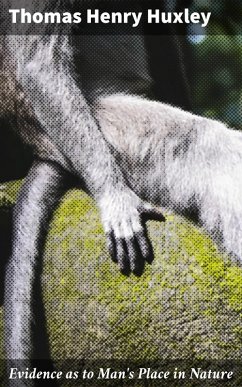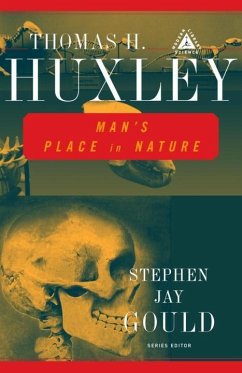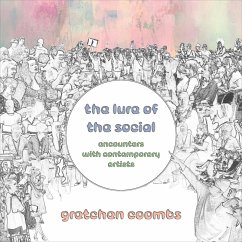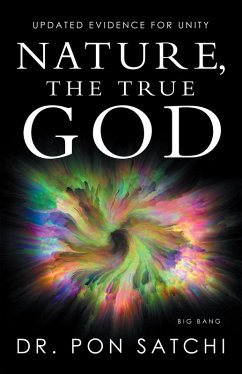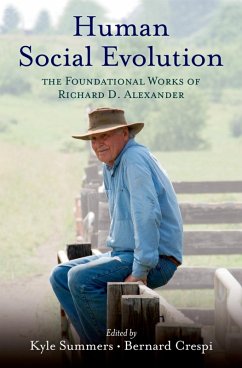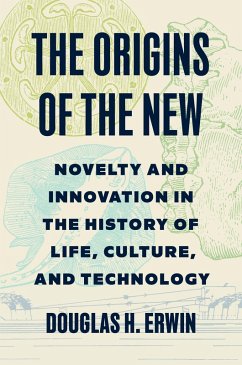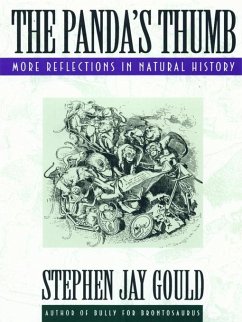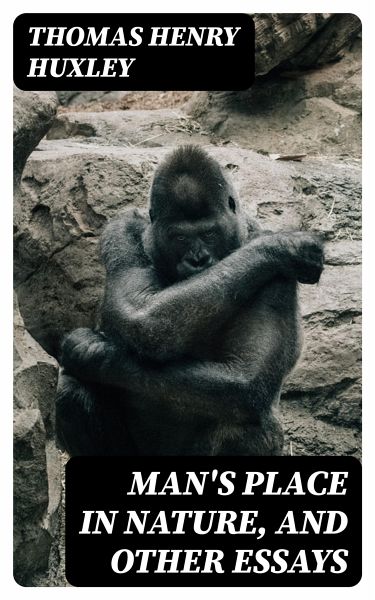
Man's Place in Nature, and Other Essays (eBook, ePUB)

PAYBACK Punkte
0 °P sammeln!
In "Man's Place in Nature, and Other Essays," Thomas Henry Huxley intricately examines humanity's biological and evolutionary significance through a series of compelling essays. Huxley employs a clear, yet sophisticated style, balancing scientific rigor with engaging prose that appeals to both researchers and lay readers. The essays situate human existence within the broader context of natural history and evolution, incorporating comparative anatomy and paleontology to elucidate our relationships with other species. This work is significant not only for its scientific insights but also for its...
In "Man's Place in Nature, and Other Essays," Thomas Henry Huxley intricately examines humanity's biological and evolutionary significance through a series of compelling essays. Huxley employs a clear, yet sophisticated style, balancing scientific rigor with engaging prose that appeals to both researchers and lay readers. The essays situate human existence within the broader context of natural history and evolution, incorporating comparative anatomy and paleontology to elucidate our relationships with other species. This work is significant not only for its scientific insights but also for its role in the cultural debates surrounding Darwinism in the late 19th century, offering a critical perspective on the implications of evolution for human identity and morality. Huxley, known as 'Darwin's Bulldog' for his staunch advocacy of evolutionary theory, drew upon his extensive background in biology to craft this impactful work. His experiences as a naturalist, coupled with his involvement in educational reform and public discourse on science, significantly influenced his views on human evolution and its philosophical ramifications. Huxley's commitment to empirical evidence and rational thought reflects the intellectual fervor of his era, as he sought to bridge the gap between science and societal understanding. I highly recommend "Man's Place in Nature, and Other Essays" for anyone interested in the intersection of science, philosophy, and human thought. Huxley's thought-provoking arguments not only illuminate our origins but also challenge readers to contemplate our role in the natural world. This book promises to enrich your understanding of humanity's place in the tapestry of life and is an essential read for both current and future discussions on evolution.
Dieser Download kann aus rechtlichen Gründen nur mit Rechnungsadresse in A, B, BG, CY, CZ, D, DK, EW, E, FIN, F, GR, H, IRL, I, LT, L, LR, M, NL, PL, P, R, S, SLO, SK ausgeliefert werden.





